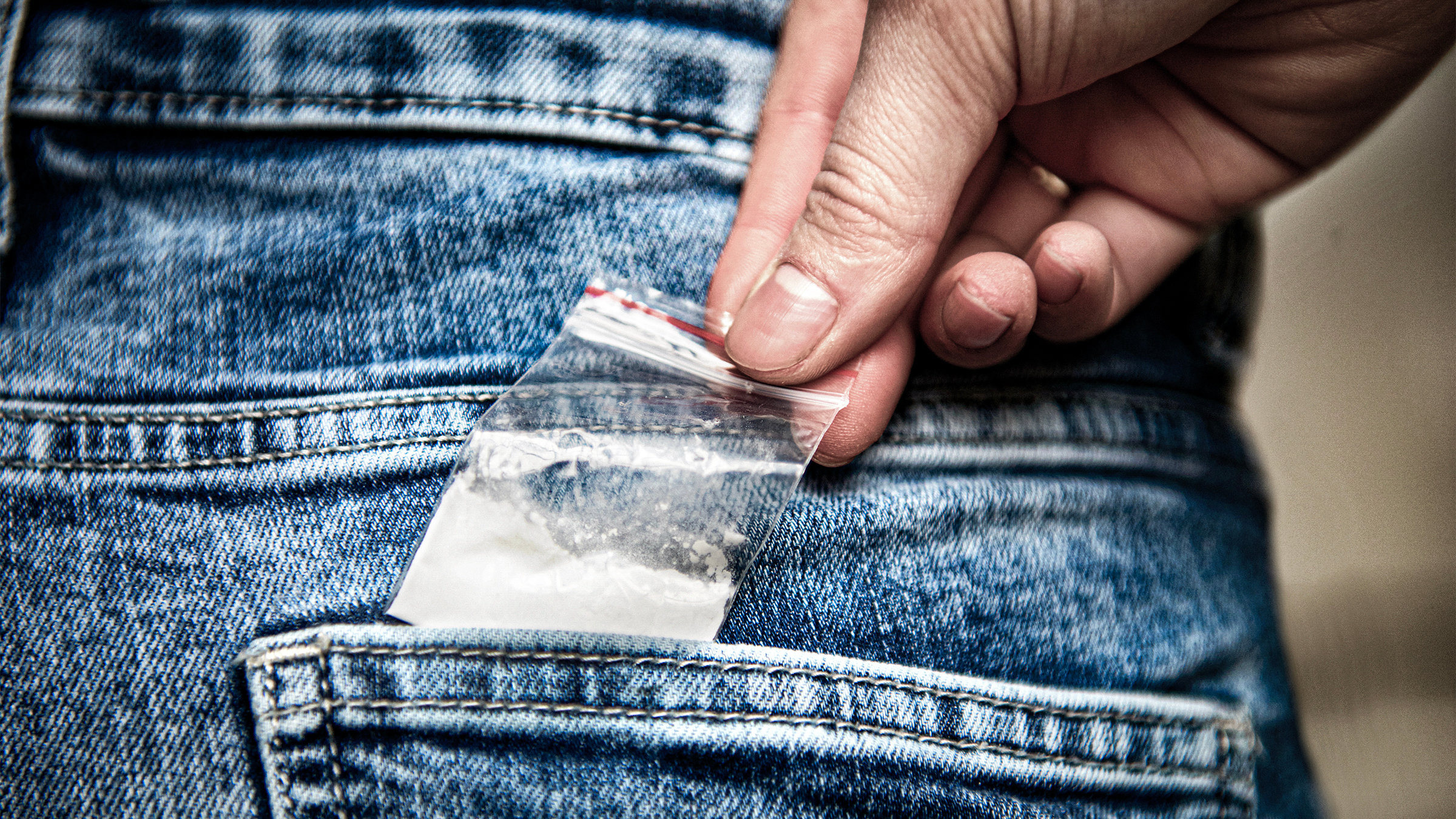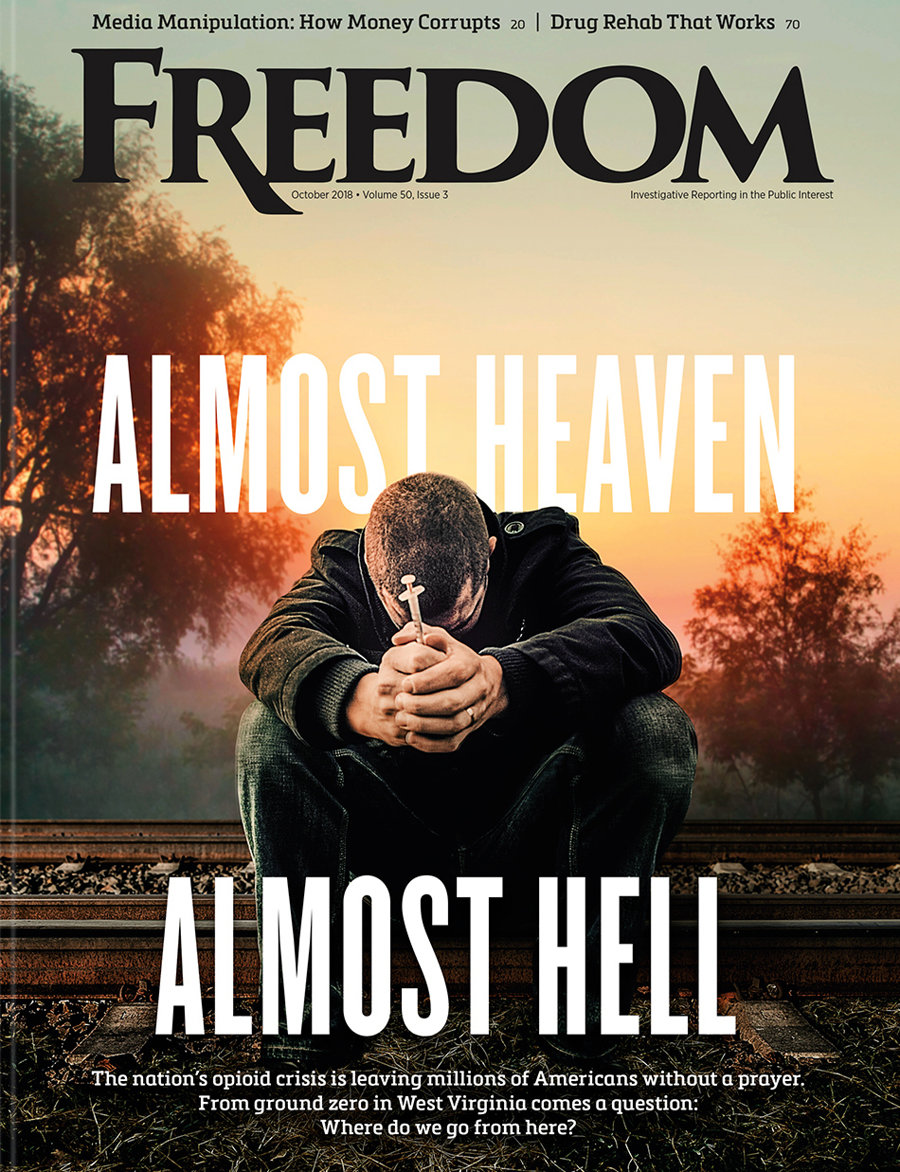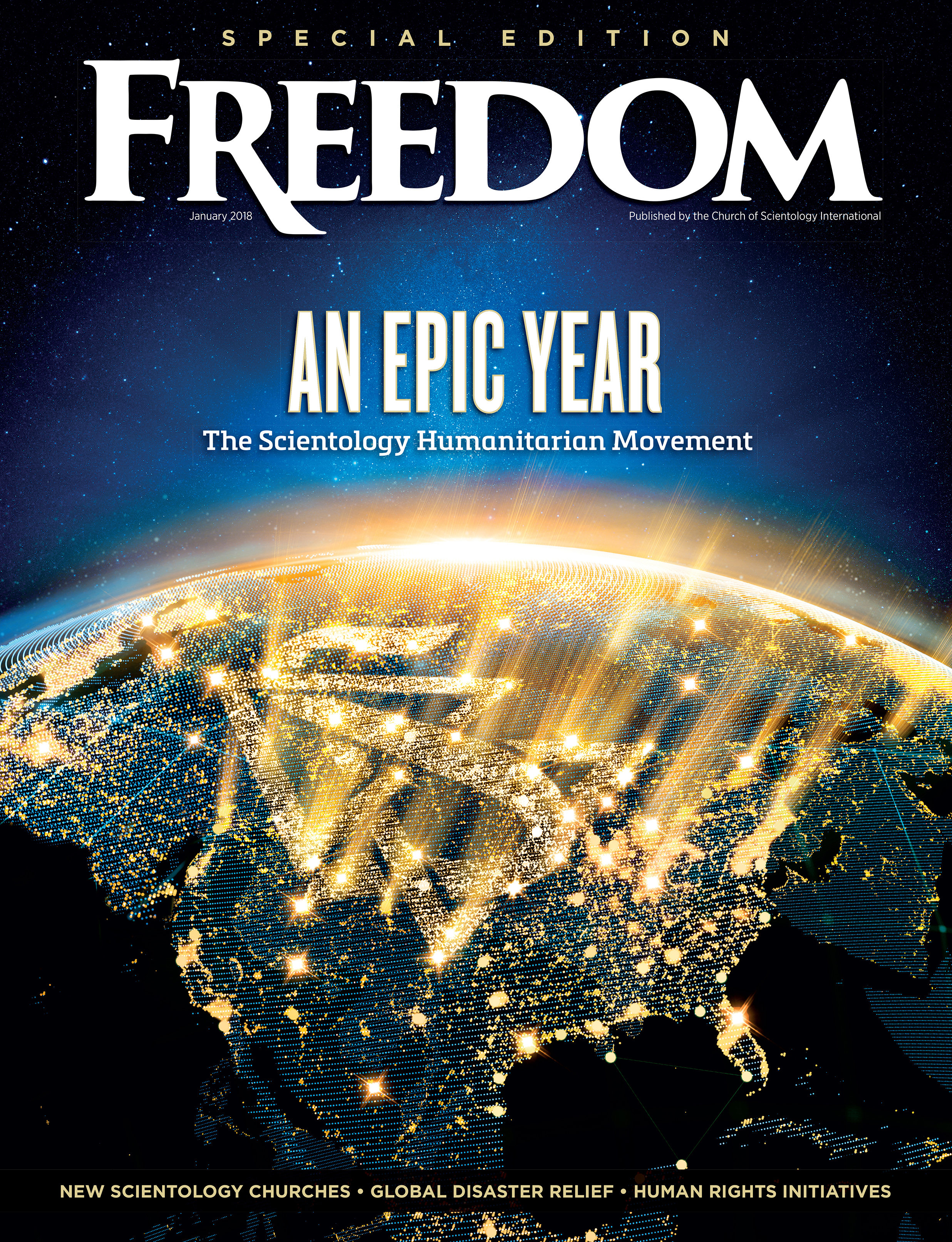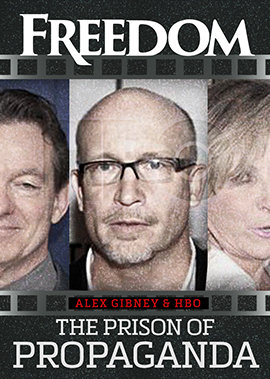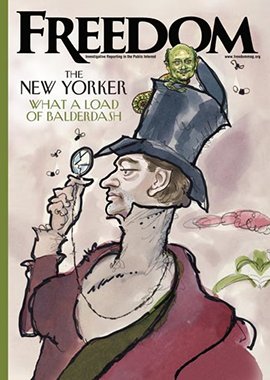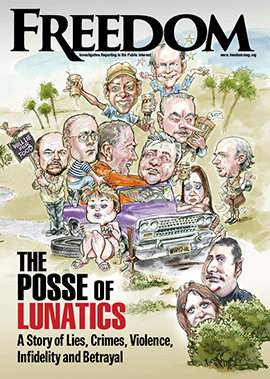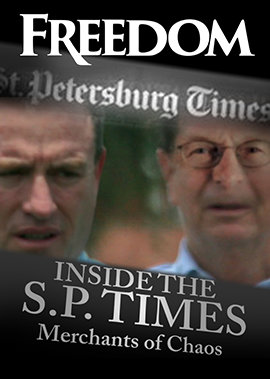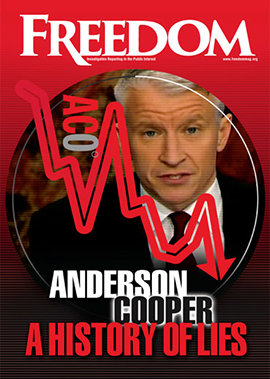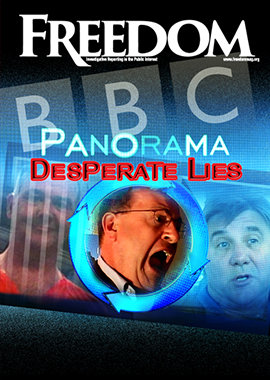And I think it’s gonna be a long, long time / ’Till touchdown brings me ’round again to find / I’m not the man they think I am at home / Oh, no, no, no / I’m a rocket man / Burning out his fuse up here alone. —Elton John
But sometimes it takes the mortality of another to force oneself to look at one’s own. John’s moment of truth—seeing, as he puts it, “how far down the scale of humanity I’d fallen”—came in 1990, at his friend Ryan White’s funeral in Indianapolis. White, who had contracted AIDS from an injection of a blood treatment at age 13, defied all predictions and clung to life for another five years, during which time he became a national spokesman for AIDS awareness. Possibly, the teenager’s struggle to stay alive was an indictment of John’s casual disregard for his own life. Finally, the truth of what he was doing to himself became unavoidably clear. “A really sad and emotional week—and I came back to the hotel thinking I’m just so out of line.”
“It’s like I have a shotgun in my mouth and I’ve got my finger on the trigger, and I like the taste of the gunmetal.”
Three months later, John checked into rehab and has remained sober ever since. Since then, he has taken other musicians struggling with addiction under his wing. He is, for example, Eminem’s Alcoholics Anonymous sponsor. Boy George, for his part, praises John’s help and support when George was emerging from the dark place of heroin, as described in George’s recently published memoir.
Elton John is the latest of a caravan of household names to speak out on his own substance abuse struggles and to urge fans and fellow artists to stay sober.
A full list reads like a who’s who of Hollywood. Here are just a few:
- Bradley Cooper—At age 29, he had a bad run-in with alcohol and drugs (he doesn’t specify which ones). He realized his lifestyle was ruining his work and that “if I continued it, I was really going to sabotage my whole life. The one thing that I’ve learned in life is the best thing I can do is embrace who I am and then do that to the fullest extent, and then whatever happens, happens. The more steps I do to not do that, the farther I am away from fulfilling any potential I would have.” Cooper confided to Emma Stone that the exact point when he felt he had improved as an actor was when he dried out from drugs and alcohol.
- Robert Downey Jr.—AKA Inmate P50522, Downey nearly trashed his career after a series of brushes with the law beginning in 1996, ranging from possession to being wasted on substances to skipping out on rehab. After nearly a year at the California Substance Abuse Treatment Facility and State Prison in Corcoran, California, he tried a comeback on the series Ally McBeal, only to be arrested again. Checking himself into rehab, Downey Jr. finally got his act together, and with Iron Man as his ticket out, he’s never looked back. Downey described his relationship with drugs as: “It’s like I have a shotgun in my mouth and I’ve got my finger on the trigger, and I like the taste of the gunmetal. Job one is get out of that cave. A lot of people do get out, but don’t change. So the thing is to get out and recognize the significance of that aggressive denial of your fate, come through the crucible forged into a stronger metal.”
- Samuel L. Jackson—“I drank and I used drugs. I fancied myself as Oliver Reed,” Jackson said, referring to the actor and alcoholic who died of a heart attack after collapsing at a drinking match on a break during the filming of Gladiator. After fighting a losing battle with substance abuse early in his career, Jackson decided that it was time to put up or shut up about his acting. The actor credits sobriety with his ability to get inside his characters.
- Tobey Maguire—The Spiderman actor, born to teenage parents who separated when he was two, bounced from family member to family member through his childhood, experiencing a life of poverty and instability. As a teen, Maguire coped with the constant relocation and uncertainty in his life with alcohol and drugs. “I wasn’t around very wealthy people, but I did think I wanted to be able to be invited into their world.” He decided the way into that world was to become a movie star—a crazy goal for a broke kid with no prospects. But he knew that being high was not part of the recipe for success and, as he puts it, “I stopped consuming any mind-altering substances when I was 19-years-old. And I’ve been abstinent since then.” Maguire makes a point to emphasize his sobriety in interviews.
- Zac Efron—The High School Musical star makes no secret of his past alcohol and drug addiction and his subsequent rehab in 2013. “You get out of life what you put in,” he says. “Crossing the line of fear is what leads to greatness.” To illustrate that point, Efron tells of the time he came face to face with a shark while with a team of researchers in Hawaii. “I could either turn and try to beat the shark to the boat, or I could look it in the eyes and let it know I’m present and I’m not afraid. It went right past me, and I put my hand out and I actually rode the shark for 10 or 15 seconds. After that it came back and it swam under my legs and I just kind of touched it from the nose all the way to the tail.”
Elton John, the celebrities chronicled here, and scores more have each faced and tamed their personal shark and have used their broad platform to confide, to share and, above all, to warn.
They could have kept their private struggles to themselves. With their teams of publicists and PR people, they could have maintained their public face of glamour and success while keeping hidden the inconvenient, ugly bits—the drugs and the agony they bring. Too many good people have been swindled into the misbegotten belief that numbing oneself to one’s problems makes the problems go away. Or, worse, that substance abuse somehow increases one’s creativity, rather than the truth—that drugs strangle it.
Scientology Founder L. Ron Hubbard, who devoted decades to research on the freeing of individuals from the tyranny of substance abuse, wrote, “One has a choice between being dead with drugs or being alive without them.” These courageous artists continue to use their celebrity status to help us all make that choice to live.
The world is the better for it.




